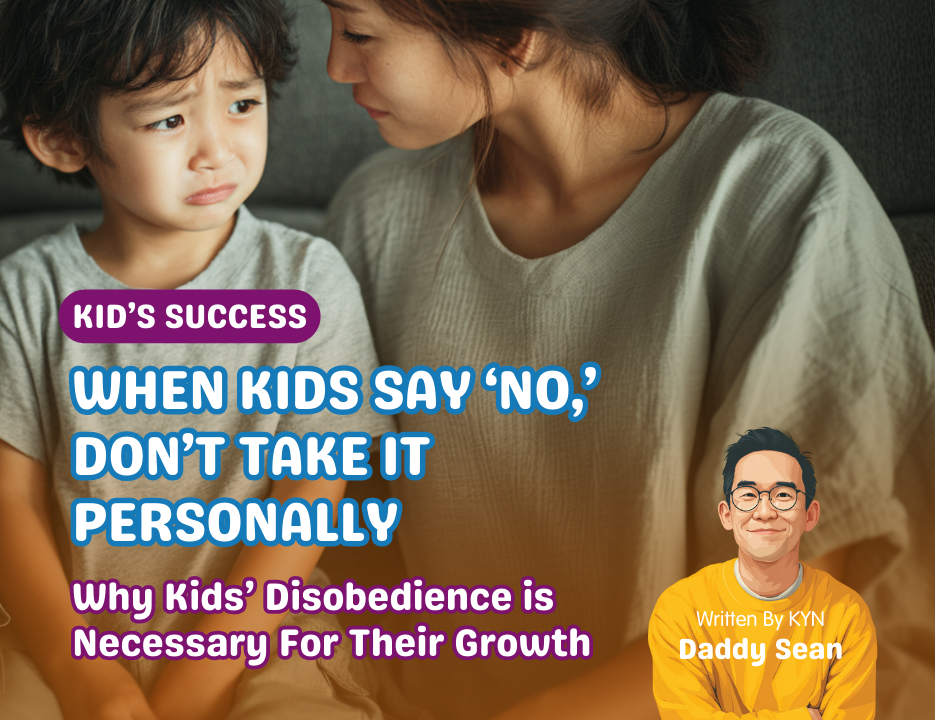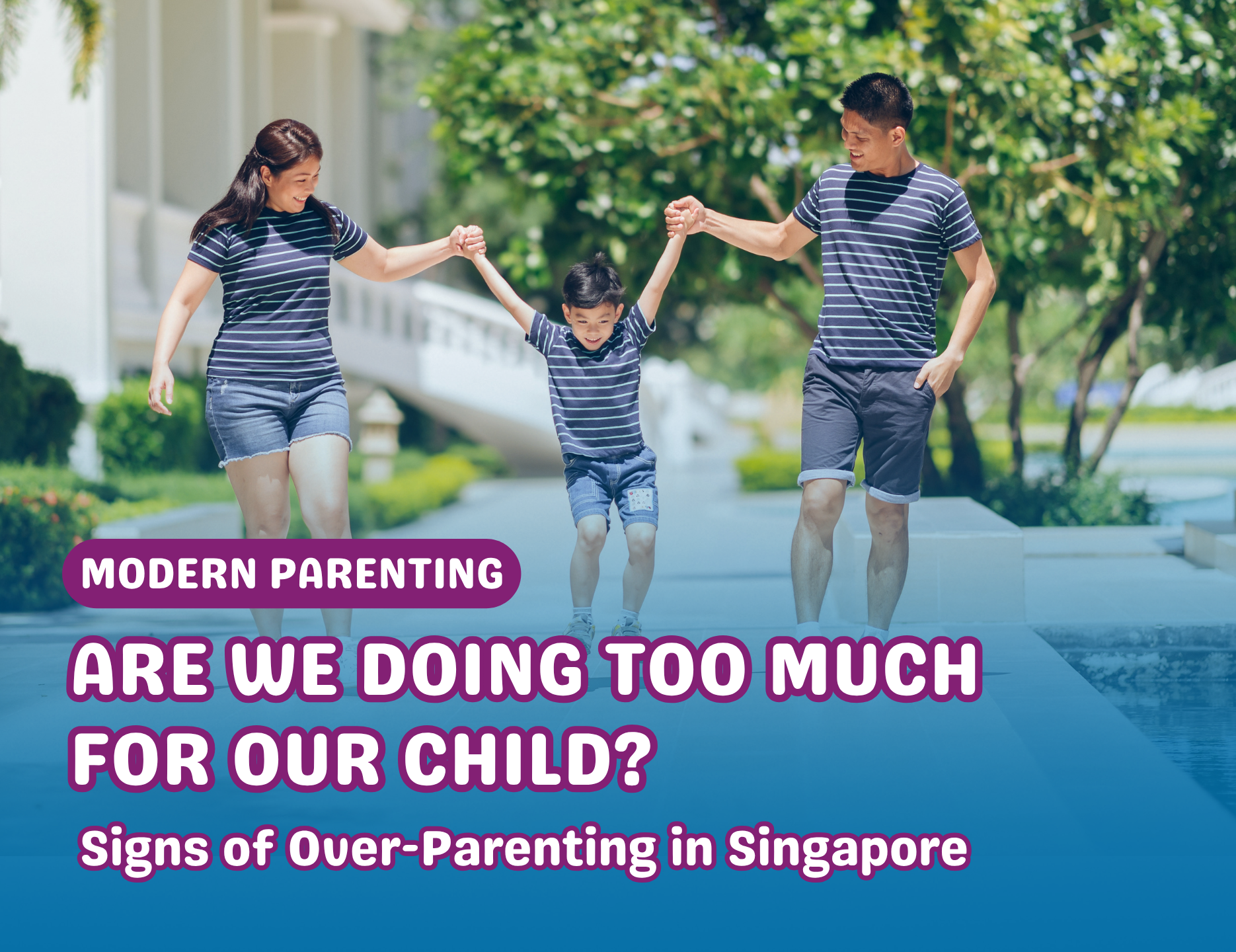When your toddler or teenager says “no,” it can feel like a personal attack. You might feel hurt, frustrated, or even question your parenting. But here’s the truth: disobedience is often a sign of healthy growth, not a reflection of your skills as a parent.
As Michelle Obama wisely said,
“The ultimate job for a parent is to let kids fail and build resilience.”
Your child saying “no” doesn’t mean they don’t love or respect you, it means they are learning to think for themselves.
Understanding the ‘No’ Across Ages
Every age group has a reason for asserting themselves:
-
Toddlers (1–3 years): testing boundaries and asserting independence.
-
Preschoolers (3–5 years): exploring choices and developing reasoning skills.
-
School-age (6–12 years): forming opinions and negotiating rules.
-
Teens (13–18 years): establishing autonomy and identity.
Developmental psychologist Robert J. Havighurst reminds us,
“A successful mother sets her children free and becomes free herself in the process.”
The key takeaway? Saying “no” is a normal, healthy step in your child’s development.
Why Parents Take It Personally
It’s natural to feel rejected when your child resists. Our brains interpret “no” as a form of rejection, triggering hurt or anger. Many parents respond with guilt, frustration, or overcorrection.
But over-stressing or forcing obedience only escalates the conflict. Clinical psychologist Dr. Tara Porter notes,
“Children across a broad spectrum of mental health diagnoses often suffer from a pervasive feeling of not being ‘good enough.”
Your reaction can either reinforce that feeling or help your child grow confidently.
The Backfire of Forced Obedience
Trying to make your child obey at all costs can create:
-
Stress and resentment in both parent and child
-
Submissive behaviour, where your child obeys out of fear, not respect
-
Cycles of punishment that discourage independence
Psychotherapist Richard Hogan warns,
“Trying to be your child’s best friend is destructive… children require structure and discipline, not friendship, from their parents.”
The more you force obedience, the more likely you’ll punish independence and create long-term stress for both parties.
Reframing Disobedience
Shift your perspective: “My child saying ‘no’ is them learning to think for themselves.”
Respect is earned, not demanded. Alfie Kohn, educator and parenting expert, advises,
“You have to give them unconditional love. They need to know that even if they screw up, you love them.”
Focus on building healthy boundaries and dialogue rather than control. Your calm response teaches children how to handle disagreement respectfully.
Practical Ways to Respond Without Stressing Out
-
Pause and breathe before reacting.
-
Validate feelings without giving in: “I see you don’t want to do this right now.”
-
Offer choices instead of commands.
-
Use reflective language: “I know you feel upset; let’s figure out what works.”
-
Pick your battles not every “no” needs a reaction.
By managing your reactions, you reduce stress for both yourself and your child.
Long-Term Benefits of a Respect-Based Approach
-
Confident, independent, and emotionally intelligent children
-
Stronger parent-child trust and communication
-
Less parental stress and you control your reactions, not your child’s behaviour
Final Thoughts From Daddy Sean
Disobedience is part of growth, not a personal rejection. Avoid over-stressing or forcing obedience, it often backfires. Next time your child says “no,” breathe, smile, and remember: respect is taught, not demanded.
As Michelle Obama said,
“The ultimate job for a parent is to let kids fail and build resilience.”
Further Reading: Local Support for Parenting, Child Development & Stress in Singapore
- For parents looking for trusted, Singapore-based guidance, the Singapore Children’s Society offers a range of parenting guides for different age groups, including toddlers and preschoolers, along with their insightful ParenTIPS Podcast hosted by clinical and developmental psychologists.
- The Early Childhood Development Agency (ECDA) provides authoritative information on early childhood development, preschool options, and holistic child growth practices.
- For mental health and parenting-related stress, MindSG by HealthHub shares practical tools and tips on supporting children and teens through emotional challenges.
- If you’re ever feeling overwhelmed and seeking support beyond parenting tips, organisations like Family Central host stress-management programmes, while Singapore Motherhood shares locally relevant strategies to help children manage stress effectively.
Hello! I am Daddy Sean

I am one of the editors of KidYouNot Parenting blogs! I have two adorable sons. I’m a nature lover who values wellbeing and mindful parenting. I’m all about creating balance, connection, and joy in family life.
Join KidYouNot SG Parenting Community
Sign up to become a member and gain access to exclusive parenting tips, special deals, and early updates on new products and events.
Follow us on Instagram and Telegram to connect with other parents, share your journey, and enjoy fun, supportive content every day!





